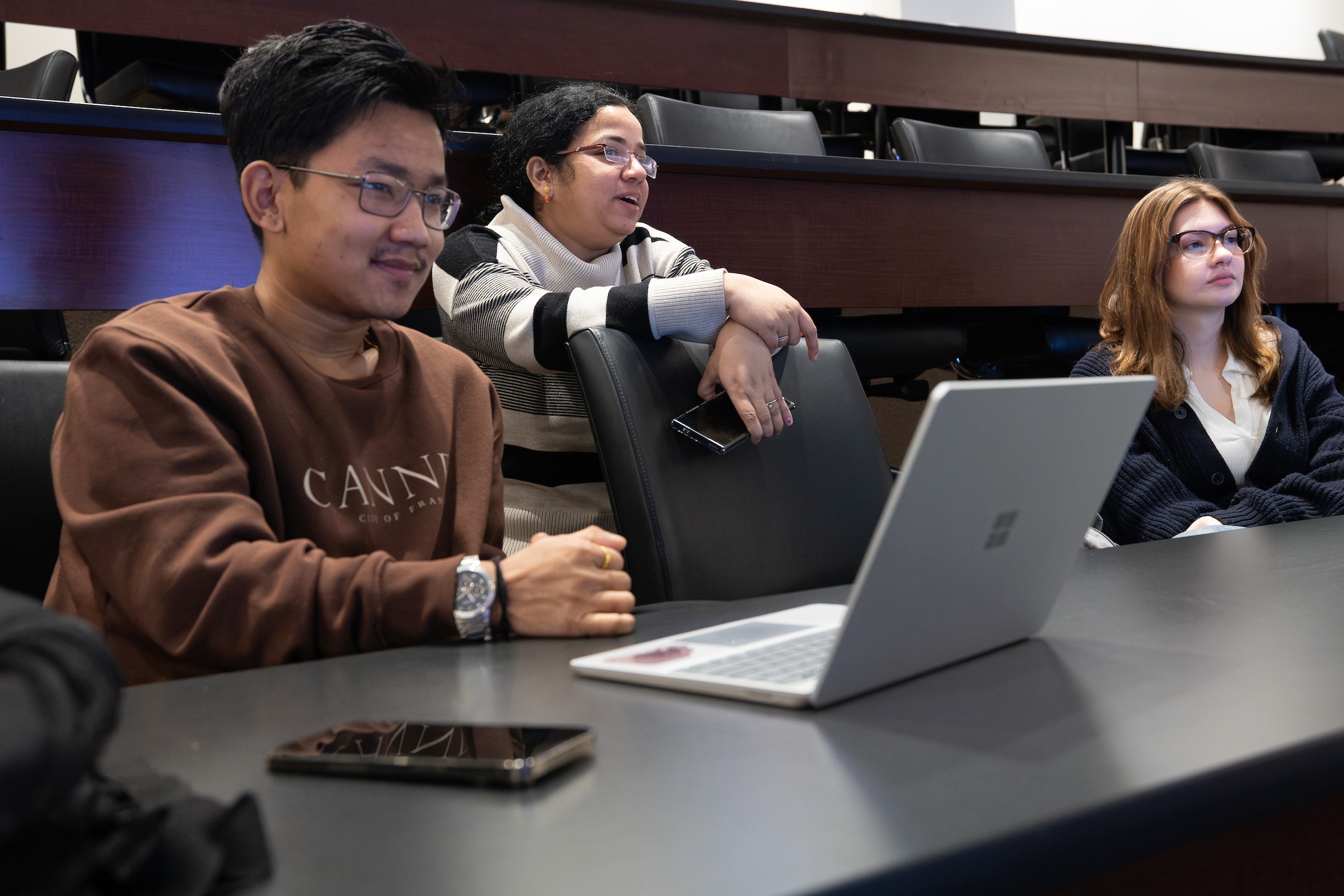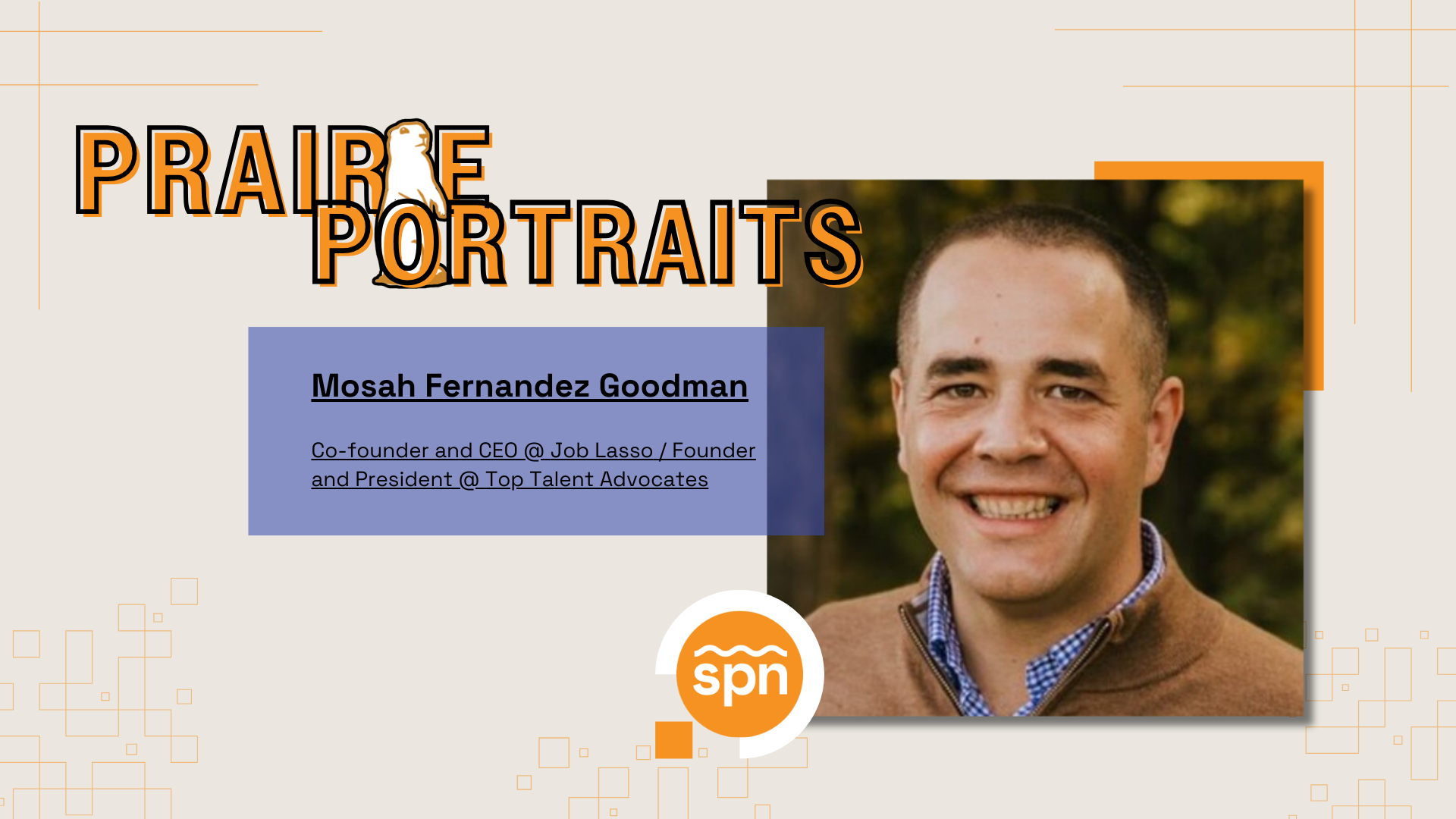The University of Nebraska at Omaha (UNO) STEM TRAIL Center was awarded a $400,000 grant from the National Science Foundation (NSF) to study how artificial intelligence (AI) can foster critical thinking skills in undergraduate students. Called INSIGHTS, the two-year research project is focused specifically on improving higher order cognitive skills and problem solving ability in STEM students enrolled in online classes.
The UNO STEM TRAIL Center’s mission is to innovate STEM (science, technology, engineering and mathematics) education. Through research, outreach programs and collaboration between faculty and the community, the center seeks to build an infrastructure to support educators and the development of a STEM workforce.
INstructor and Student Insights for Gains in Higher order Thinking Skills (INSIGHTS) is led by STEM TRAIL Research Director Tracie Reding, Ed.D. The project currently consists of two AI-powered “products” in early development that could eventually integrate into university software, said Reding:
- A dashboard that summarizes students’ key performance indicators and patterns of engagement on online discussion boards. It would then produce a visual representation for students, instructors and administrators to determine if students are performing at desired cognitive levels.
- A chatbot that provides both instructors and students with instant feedback on their question prompts and responses. The goal is to assist instructors with developing desired complex questions for students and to assist students with developing responses at a desired cognitive level without giving them the answer.
“For students, we’re hoping that it will help with that self-reflection of learning,” said Reding. “Which is very important because with the future of the STEM workforce, you’re gonna have to be able to be a lifelong learner.”
Reding said she and her team make adjustments to their designs as they receive feedback for their mockups from participating instructors. Her team is currently working with eight instructors in STEM fields, ranging from agriculture to gerontology. Two are at UNO and six are at the University of Nebraska-Lincoln (UNL).
Teaching in the world of AI
The idea for INSIGHTS came from an earlier research project Reding was working on that focused on organic and facilitated social interactions between students in online course discussion boards. She and her collaborator Casey Nugent, University of Nebraska director of student information systems, analytics and application services, said advancements in AI and language learning models (LLM) have enabled them to pursue INSIGHTS and innovate on the utility of discussion boards.
With developments in AI also came considerations, such as protecting personal information. Nugent and Reding said they have put protective measures in place while utilizing tools like Azure OpenAi and Playlab.ai. These include a protected sandbox to work in through the university’s relationship to Microsoft, to sanitizing data locally and pulling out potentially identifying information.
“Cybersecurity is a big component of what we do on a day to day basis,” said Nugent. “In my about 25 years with the university, it’s gone to being the forethought before we even develop any solution for anything.”
Leah Sandall, associate professor of practice in agronomy and horticulture at UNL, said she decided to participate in INSIGHTS because she sees the potential for AI to fill learning gaps in her courses where she can’t always be present. Originally a skeptic due to students turning in assignments with signs of AI influence, Sandall said she now sees ways AI can be a positive tool. For instance, providing students feedback when they’re working on assignments late at night when she’s not available.
“I want to be able to incorporate AI in a meaningful way in my classes that I teach because I don’t think it’s going away,” said Sandall. “Teachers may be hesitant to use a new tool or a new technology, but truly, I see the value and the potential.”
Reding said the NSF funding terms state that INSIGHTS focus on improving online STEM education for undergraduate students, especially for those who are more likely to enroll in online classes instead of in-person classes. As the project progresses, she said she sees opportunities to expand further into UNO and UNL and similar campuses, as well as spark additional AI-related research.




